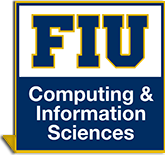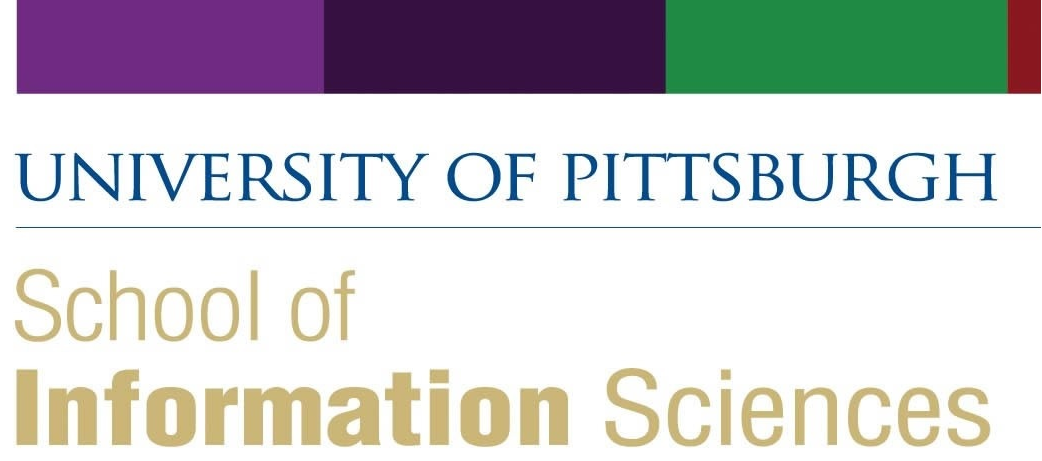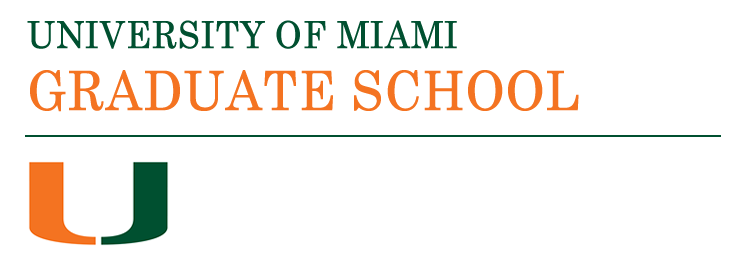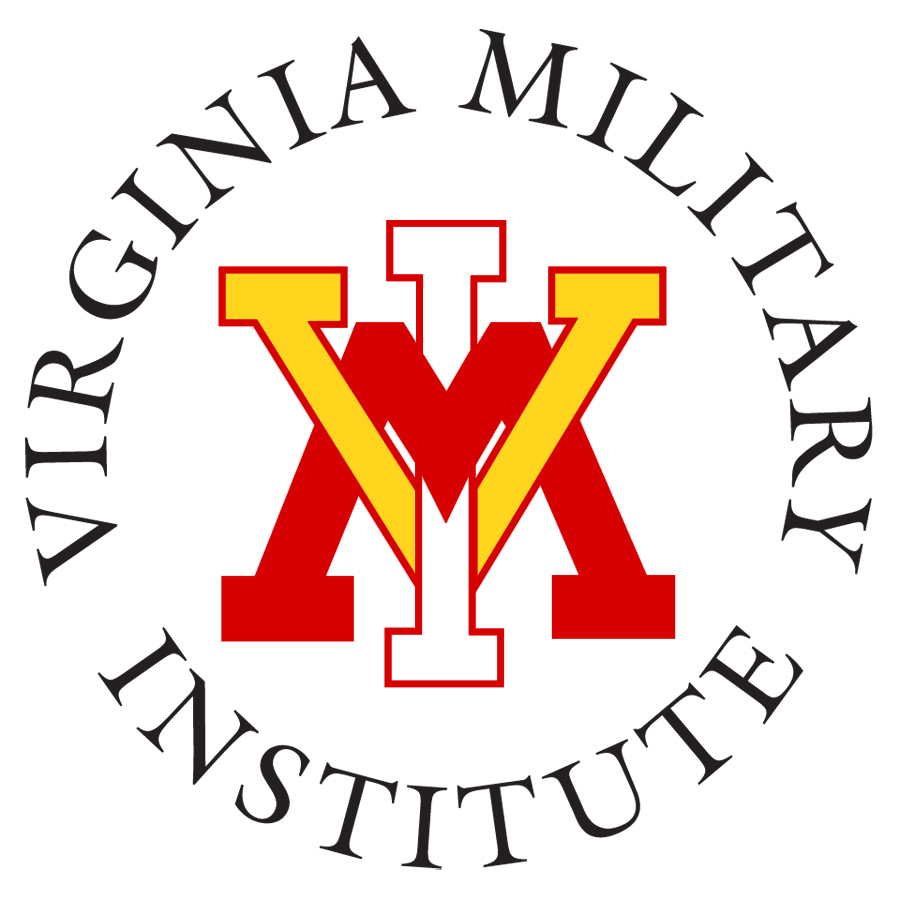TUTORIAL 1
Nature-Inspired Cyber Defenses
Abstract
Natural systems detect, respond to and recover from adversities with evolving, multi-tiered and exquisitely resilient defense systems. For decades nature has been a source of inspiration, pervading the language of cybersecurity. From viruses and worms to immune systems, intelligent threat detection, evolutionary defenses and self-healing systems, nature is replete with examples of what to avoid and what to imitate. In our research we have identified key pillars supporting natural defenses ensuring resilience against advanced persistent threats and attacks. These pillars are diversity, pervasive evolving detection and response, and intrinsic resource elasticity and recovery capabilities. We surmise that modern cyber defense systems built upon these pillars would endow their target of defense with resilience and asymmetric advantage over attackers. This tutorial discusses key concepts and examples for nature-inspired cyber defense mechanisms and systems. It also presents a nature-inspired unified cyber-defense platform utilizing the aforementioned pillars.
Speaker’s Biography

Mohamed Eltoweissy is a Professor of Computer and Information Sciences at The Virginia Military Institute. He is also a Professor affiliated with The Bradley Department of Electrical and Computer Engineering at Virginia Tech. Eltoweissy served as Chief Scientist for Secure Cyber Systems at Pacific Northwest National Laboratory. He also served on the faculty of Virginia Tech and James Madison University. Eltoweissy co-founded several start-up companies including Video Semantics and Teradata Science. Eltoweissy's current interests crosscut the areas of network security and resilience, cooperative autonomic systems, and networking architecture and protocols. Eltoweissy has over 150 publications in archival journals and respected books and conference proceedings and an extensive funding record. He also served on the editorial board of IEEE Transactions on Computers (the flagship and oldest Transactions of the IEEE Computer Society) as well as other reputable journals. In addition, Eltoweissy is active as an invited speaker at both the national and international levels. Eltoweissy is a senior member of IEEE and ACM.
TUTORIAL 2
Big Data Management and Mining
Abstract
To handle emerging complex data at massive scale from web, social network, and sensor network etc., "big data analytics” and “big data management” areas are emerging. Many traditional assumptions are not working, instead, new query and programming interfaces are required, and new computing models are emerging. The tutorial will focus on data mining and machine learning algorithms for analyzing very large amounts of data or Big data. Map Reduce and No SQL system will be used as tools/standards for creating parallel algorithms that can process very large amounts of data. The following concepts will be covered: Hadoop, Mapreduce, NoSQL systems (Cassandra, Pig, Hive, BigTable, HBASE), Storm, Spark, Large scale supervised machine learning, Data streams, Clustering, and Applications including recommendation systems, Web and security.
Speaker’s Biography

Latifur R. Khan is currently a full professor (tenured) in the Computer Science department at the University of Texas at Dallas (UTD), where he has been teaching and conducting research since September 2000. He received his Ph.D. degree in Computer Science from the University of Southern California (USC), USA in August of 2000. Dr. Khan's research areas cover big data management and analytics, data mining, multimedia information management, and semantic web. He has published more than 180 papers including more than 45 journal papers. He is an ACM Distinguished Scientist. He has chaired several conferences and serves (or has served) as associate editor on multiple editorial boards including IEEE Transactions on Knowledge and Data Engineering (TKDE) journal. He has conducted tutorial sessions in prominent conferences such as ACM WWW 2005, IEEE CloudCom 2013, MIS2005, and DASFAA 2007. More information about her research can be found at: https://www.utdallas.edu/~lkhan.








































